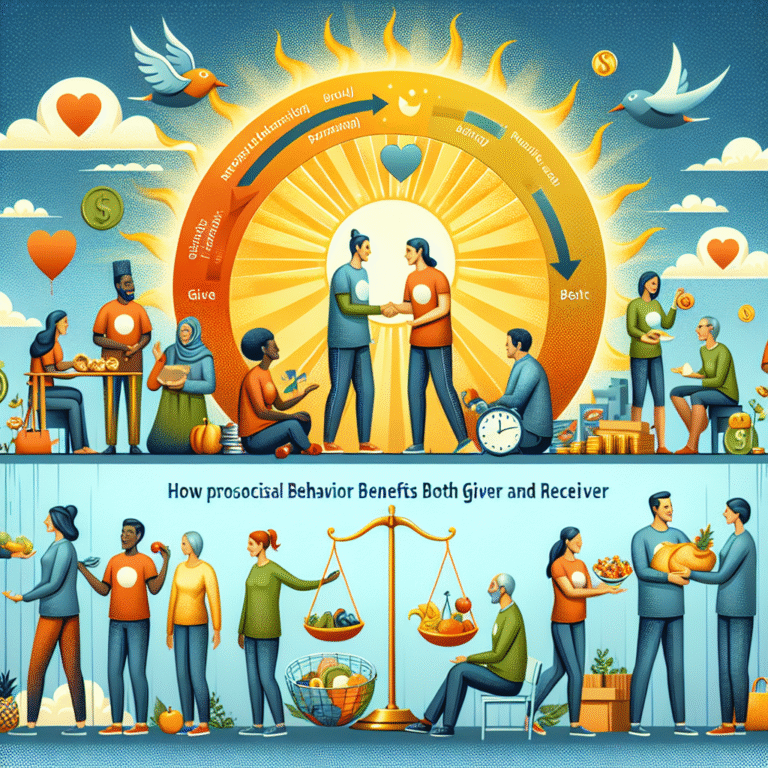
Introduction
Transitioning from college to career is a pivotal moment in an emerging adult’s life. It marks the shift from structured learning environments to a world where independence, responsibility, and the pursuit of a career define daily life. This transition, often filled with excitement, can also bring about a myriad of challenges that many are unprepared for. The journey is not just about landing a job; it’s about navigating new social dynamics, financial responsibilities, and personal growth. In this article, we’ll explore the unique challenges faced by emerging adults in their transition from college to career, along with strategies and insights to navigate this significant life phase.
Understanding the Landscape: The Transition from College to Career
The shift from college to career is inherently complex. Emerging adults, typically defined as those aged 18-29, face a variety of obstacles that can impede their progress. These challenges can be categorized into four main areas:
1. Emotional Challenges
Anxiety and Uncertainty
Entering the job market can trigger anxiety for many graduates. Questions swirl through their minds: "Will I secure a job? Is my degree enough? How do I network?" Recognizing that these feelings are common can help students manage their expectations.
Case Study: Sarah, a recent psychology major, faced overwhelming stress while searching for jobs. By acknowledging her anxiety and seeking support from career counselors, she developed coping strategies that ultimately led her to a fulfilling role in human resources.
2. Financial Challenges
Student Debt and Financial Independence
The fear of debt is palpable among graduates. The average student loan debt in the U.S. ranges in the tens of thousands, and many emerging adults must balance job searching with repayment obligations.
Table 1: Average Student Loan Debt by Degree Type
| Degree Type | Average Debt |
|---|---|
| Associate’s Degree | $20,000 |
| Bachelor’s Degree | $30,000 |
| Master’s Degree | $60,000 |
Emerging adults often need guidance on financial literacy and budgeting.
Case Study: Marcus, who graduated with substantial debt, took a part-time internship while working on a budget plan to alleviate anxiety about his finances and gain work experience.
3. Social Challenges
Networking and Relationships
Navigating professional relationships can feel daunting. Emerging adults often find themselves torn between their established friendships and new professional networks.
Case Study: Jessica, initially hesitant to engage with her alumni network, discovered that attending networking events significantly boosted her confidence. She made connections that led her to a job in marketing.
4. Identity Challenges
Defining Purpose and Career Aspirations
Emerging from the structured environment of college, many face identity questions regarding their career path and personal goals. The shift demands self-reflection and, often, a reevaluation of long-held beliefs.
Case Study: Tom originally majored in accounting but transitioned to graphic design after an introspective journey exploring his passions. This decision ultimately led to career fulfillment and personal happiness.
Adapting to the New Normal: Strategies for Success
While the transition from college to career is fraught with challenges, there are proven strategies to help emerging adults navigate these waters with confidence.
Build a Support Network
Finding mentors and allies can create a sense of community and support that is invaluable during this transition.
Develop Key Skills
Soft skills like communication, problem-solving, and adaptability are as crucial as technical skills. Emerging adults should consider workshops to hone these abilities.
Embrace Lifelong Learning
Staying curious and open to learning can inspire resilience. Online courses and certifications can enhance employability and confidence.
Create a Career Plan
Setting realistic, short-term goals can provide direction and reduce feelings of overwhelm. Regularly assessing progress helps maintain motivation.
Navigating the Job Market: Safety Nets and Resources
Many resources can assist emerging adults in their transition from college to career.
Career Services
Utilizing campus career services can provide critical resources ranging from job listings to resume workshops.
Online Platforms
Websites like LinkedIn and Glassdoor can help emerging adults understand the job market and find potential employers.
Peer Groups
Connecting with peers facing similar challenges can foster camaraderie and share insights about navigating various job markets.
Conclusion
The journey from college to career may seem daunting, but it’s also a time of immense opportunity and personal growth. By understanding the challenges and implementing effective strategies, emerging adults can set themselves on a path to not only finding employment but also achieving career fulfillment.
As you step forward, remember that every challenge presents an opportunity to learn and grow. Embrace networking, seek out mentors, and don’t hesitate to reevaluate your career path along the way.
FAQs Section
1. What are the most common challenges emerging adults face during the transition to their careers?
Common challenges include anxiety about job prospects, financial pressures from student debt, the complexity of networking, and identity struggles in establishing career paths.
2. How can I manage anxiety while job searching?
To manage anxiety, consider seeking support from career counselors, practicing mindfulness techniques, and breaking the job search into smaller steps.
3. What financial resources are available for recent graduates?
Many banks and credit unions offer free financial counseling. Additionally, organizations such as the National Endowment for Financial Education provide resources for budgeting and debt management.
4. How important is networking for career success?
Networking is crucial in today’s job market, often leading to job opportunities that are not advertised. Building relationships with industry professionals can uniquely position you for success.
5. Is it necessary to have a clear career path right after graduation?
It’s normal not to have a defined career path immediately post-graduation. Many successful professionals have explored various fields before settling into roles they are passionate about.
By emphasizing the need for resilience, adaptability, and community support, this article serves as a powerful guide for those navigating the transition from college to career. Let’s embrace the challenges and cultivate a future filled with exciting opportunities!

















